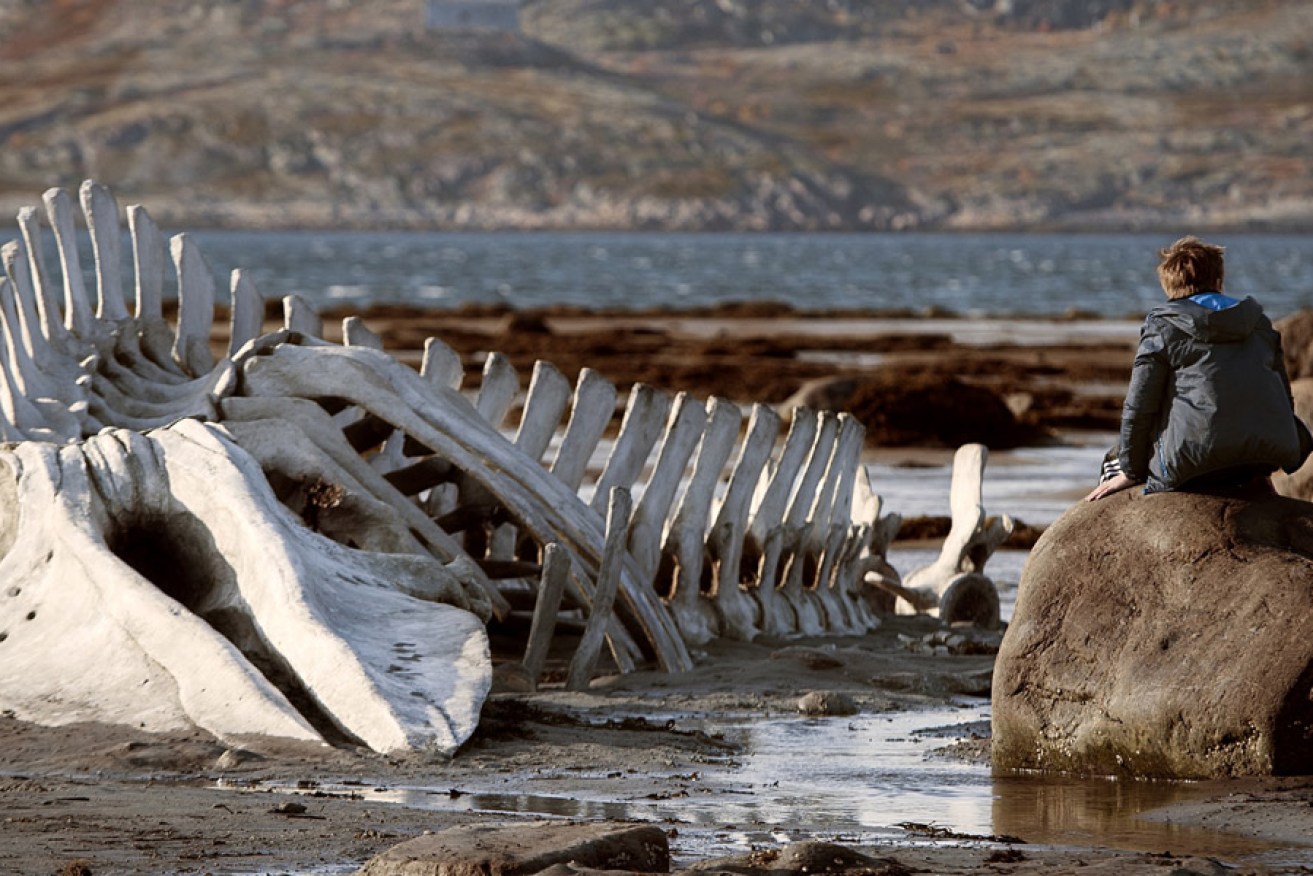Leviathan is a powerful piece of cinema dealing with the problems facing modern Russia, which will have an all-too-familiar ring in just about any flawed society whose values have gone wrong.
Director Andrey Zvyagintsev’s Oscar-nominated film opens with breathtaking views of a bleak small town, coastlines and landscapes, wrecked ships and a beached whale. Together, they comprise the first leviathan of this compelling drama, awesome in their own right, but also providing a compelling metaphor for the flawed character of almost all the humans who drive the story.
Local Mayor Vadim, who is as corrupt as they come, wants to compulsorily acquire the land on which struggler Kolya and two previous generations of his family have lived.
Kolya has a long-suffering, discontented second wife and an angry, delinquent teenage son from an earlier marriage, both of whom are looking for more in their oppressive existences. Kolya is a heavy drinker, but so it seems are all the adult characters, with the slamming down of copious quantities of vodka in virtually every scene.
His old army buddy, Dima, now a hotshot Moscow lawyer, is representing him in the court battle over the planned takeover of the family land. The corrupt Mayor is supported by corrupt cops, corrupt judges and corrupt public officials – anyone who is of use and can be bought. The system is the next big leviathan of the film.
Just as Biblical character Job was unable to bend and co-exist with his leviathan, poor, angry, alcoholic Kolya keeps on fighting his battle against all odds. And just when it seems he is making progress, infidelity is added to the mix and for a while throws the whole tightly progressing storyline into chaos.
The overwhelming bleakness of the landscape and characters is emphasised with what passes for a fishing trip to the beach, or what might look to Australian audiences more like a derelict seaside quarry. A shooting competition ensues, and the ultimate targets after the empty bottles have been dispensed with are framed photographs of former Soviet leaders, representing a population disgruntled with its leaders and history.
Ultimately, Kolya’s son, Roma, appears to represent hope for the future – but it is a future with another leviathan lying in waiting. Is there ever hope for the average, normal person in humanity’s all-consuming desire for power?
There are no good guys in Leviathan – every character is out for some benefit for him/herself. This could seem rather depressing, but the audience understands it represents a reality of life in modern Russia and many other countries.
Leviathan is brilliantly written, directed and acted – every actor portrays his or her part with power and yet subtle nuance, drawing us into a lengthy tale that could otherwise have been clichéd and predictable.





